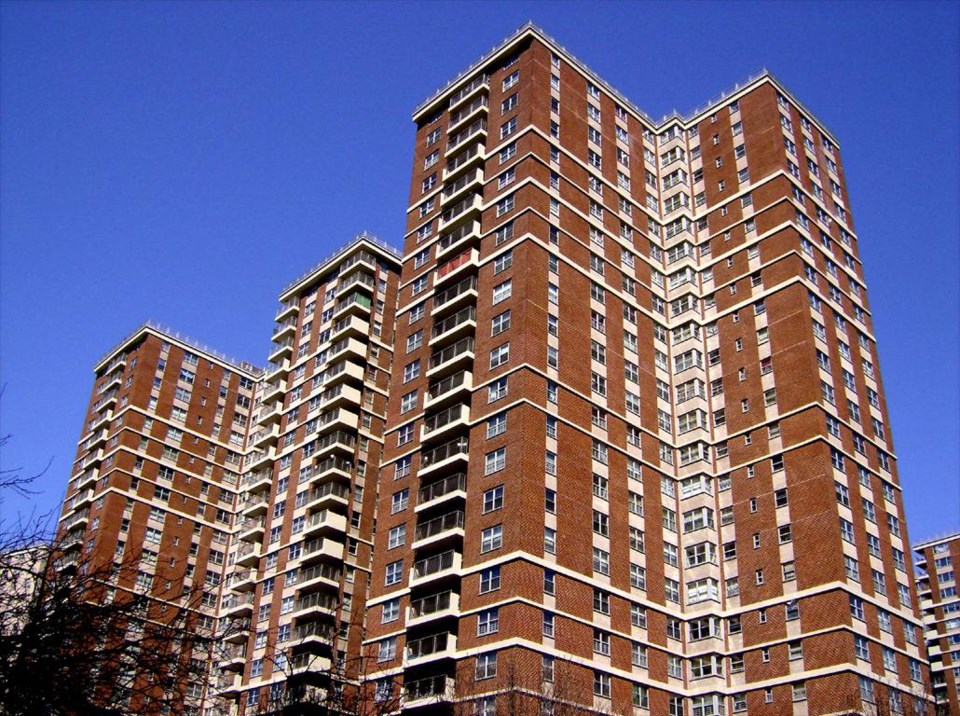Faced with city-wide pressure, Governor Andrew Cuomo has recently decided to extend New York's eviction moratorium until August 20.
But while the extension offers a bit more reprieve from worry, many continue to look for some sense of short-term financial stability.
The moratorium, originally put into effect on March 20, covers both residential and commercial tenants from pending eviction. But with the initial plan, renters still were vulnerable to court proceedings, which were up to the landlord's discretion. Under the new plan, there are more protections, but only for renters unable to pay rent due to Covid-19, or who qualify for unemployment.
"I hope it gives families a deep breath," Governor Cuomo said at a press conference announcing the extension. "Nothing can happen until August 20, and then we'll figure out between now and August 20 what the situation is."
Renters now have the option of applying their security deposit to their rent. But deposits must be repaid in full within 90 days
The change in measure does provide some measure of relief, but it opens up new fears of proving one's financial instability during a pandemic. Additionally, those who do not qualify for unemployment-- including the undocumented-- are now left vulnerable at the city's hands.
Furthermore, the moratorium does not cancel rent payments. That means tenants will be held liable for repaying all missed payments, at some point. To accommodate that fatal flaw in policymaking, renters now have the option of applying their security deposit to their rent. But the catch is, deposits must be repaid in full within 90 days of their usage. And if the deposit does not cover a month of rent, tenants still owe the remainder.
All these caveats point to a deeper problem with New York housing-- that it is not especially accessible nor accommodating. The measures Cuomo currently has in place protect too few and leave too many New Yorkers vulnerable, according The Legal Aid Society.
"We commend the Governor for extending the eviction moratorium and banning late fees and missed payments fees during the moratorium period. However, while these measures are a great step forward, a much stronger approach is needed in order to meaningfully help those most impacted by COVID-19," said Adriene Holder, attorney-in-charge of the Civil Practice at The Legal Aid Society.
Gov. Cuomo insists that the eviction moratorium extension solves housing issues amid COVID-19: "We have said that no one can get evicted for nonpayment of rent and that to me is the fundamental answer," Cuomo said. "That solves all of the above," said, adding, "No evictions for non-payment of rent and then we'll see where we are."
But will these measure serve to simply prolong the inevitable? Skipping rent is not a luxury many New Yorkers have when, while they wait through the moratorium, they are not earning. Additionally, hundreds of thousands still are waiting on unemployment and pandemic relief. Officials warn of the potential wave of homelessness and eviction cases once the moratorium is lifted.
"This is not the time for half-measures and policy that will leave out the most vulnerable New Yorkers," said Holder. "We urge the Governor to enact other desperately needed policy to stop the tidal wave of evictions that will inevitably take place if we don't act now."




